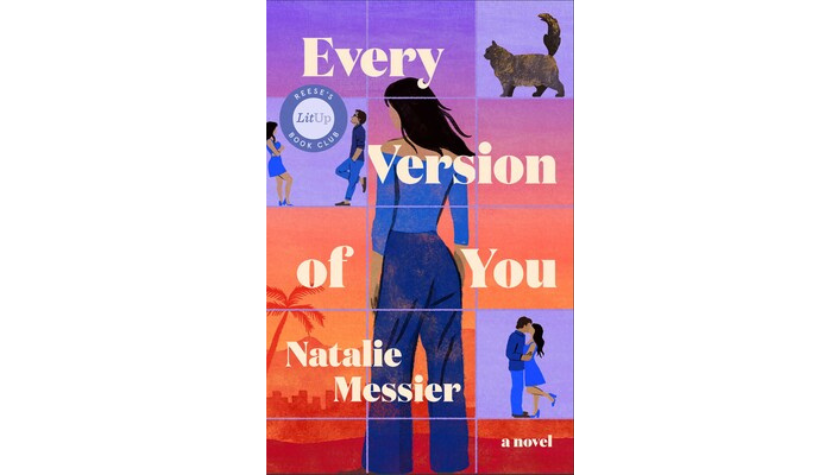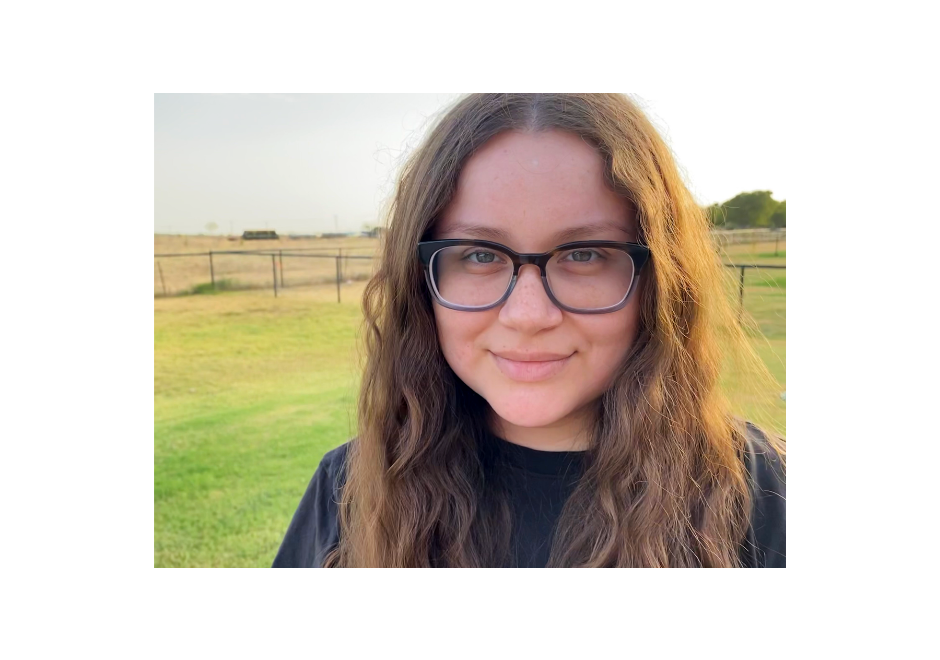When Natalie Messier entered the Final Draft Big Break TV writing competition in 2022, she didn’t expect to win. Her dramedy pilot ‘Killer Queen’, about a woman who discovers her husband is a serial killer, was a sharp, funny, and oddly tender take on the delayed coming-of-age trope, but at that point, she says, “I hadn’t really received much acclaim for anything I’d written.”
Winning changed everything for Natalie.
Though she was already working in the writers’ room of NBC’s Chicago Fire as an assistant when she found out she won Big Break’s Grand Prize in the TV Drama category, the recognition gave her new-found confidence. “I told my coworkers about the win, and they were like, ‘Congratulations! Can I read it?’ They read it, and that’s what got me my first episode of television. I probably wouldn’t have shared it with them if I hadn’t won.”
Learning the Craft from the Inside
After graduating from Baylor University with a writing degree, she moved to Los Angeles in 2016 and worked at the perfume counter at Macy’s in the Northridge mall. She applied to hundreds of industry jobs and worked a brief stint in advertising before getting accepted into the NBC Page Program, which led to development work at Ben Stiller’s production company, and later to writer’s assistant roles on Severance and Chicago Fire.
She credits her time in development with shaping her instincts as a storyteller due to reading and evaluating tons of screenplays. “Nothing taught me writing like that did! You learn what works, what doesn’t, and sometimes you see something that’s similar to your own work and think, ‘Okay, maybe I need to rethink this.’”
Outlines, Turns, and Hooks
Working in network TV also taught her to outline with precision. For Chicago Fire, her script began with a beat sheet which she calls, “Basically a really lean outline,” before expanding into a 12-page outline. She admits that she tends to overwrite, so her process becomes paring down the outline to include only what’s essential before sharing it.
Coming from a novel-writing background, she brings up the common adage that a writer is usually either a “plotter” or “pantser.” A “pantser” is someone who writes by the seat of their pants, while a “plotter” is someone who plans out every detail before they sit and start writing. Natalie admits she has always been a “pantser” but has tried to become more of a plotter after working in television.
“In novels, both are considered completely valid and acceptable, and amazing works of literature have been written in both fashions. But if you’re a “pantser” in film and TV, people look at you like, ‘What do you mean you don’t outline?’ So, I do think TV requires you to be a plotter,” she says.
Another big lesson she learned while working in TV writers rooms is the power of “turns” every 10 pages or so. Natalie explains it this way: “On a network show, people could leave at any act break [commercial break], so you have to hook them to come back. There should be turning points where your audience is constantly surprised.”
For Natalie, those story “turns” should come from character, not just external plot. “I’ve gotten the note before that my characters are too reactive or passive, so I try to make the turns come from them making choices, driving their own story. I never write anything until I really know the character. And characters can do surprising things as long as it feels true to them. I try to have them go on a journey, and as the character grows, the moments will turn. Though of course, sometimes external forces will affect your character.”
She says this style of pacing is important to any medium, whether it be film or TV, and she’s even applied it to her novel-writing. Natalie’s debut novel Every Version of You, available now for preorder from Simon & Schuster, started as a pilot before she reimagined it as a high-concept romance. It follows a woman who dies in her 30s, gets a second chance at life, and then has to navigate reliving her freshman year of college when she finds herself unexpectedly drawn to the man she once thought she hated. Natalie says she loves working fluidly in the three mediums.


Treat Writing Like Your Second Job
She says a lot of people don’t realize that most novelists, unless they’re best-sellers or household names, have day jobs and write in their spare time.
Natalie’s other main piece of advice is practical: “To make it as a writer, you have to treat writing as a second job.” Throughout her career, she’s balanced full-time work with classes, fellowships, and long nights of writing or editing. “You need a first job to pay the bills and make connections, but you also need to genuinely treat writing like it’s your second job if you want it to become your first.”
Between her contest win, her first TV episode, and the upcoming release of Every Version of You, Natalie has a promising future in both television and publishing. Her next chapter might involve adapting her own work for the screen, something she’s uniquely positioned to do.
And for TV writers looking for their own big break, Natalie’s story is a reminder that sometimes, all it takes is one contest win, and the courage to say, “Yes, you can read my script!”

